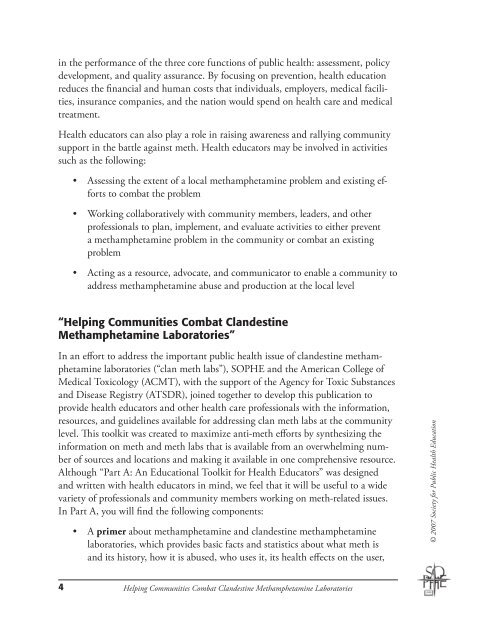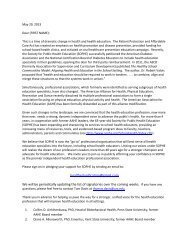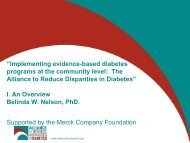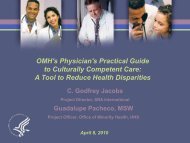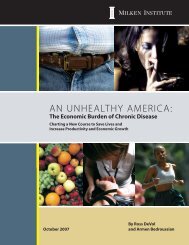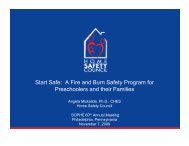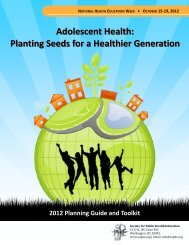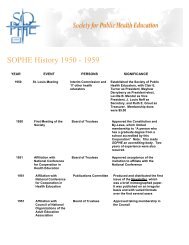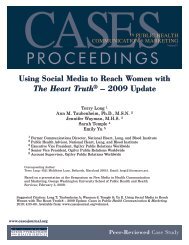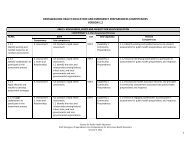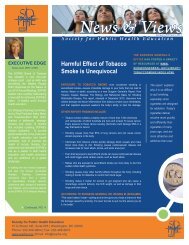Part A - Society for Public Health Education
Part A - Society for Public Health Education
Part A - Society for Public Health Education
- No tags were found...
Create successful ePaper yourself
Turn your PDF publications into a flip-book with our unique Google optimized e-Paper software.
in the per<strong>for</strong>mance of the three core functions of public health: assessment, policydevelopment, and quality assurance. By focusing on prevention, health educationreduces the financial and human costs that individuals, employers, medical facilities,insurance companies, and the nation would spend on health care and medicaltreatment.<strong>Health</strong> educators can also play a role in raising awareness and rallying communitysupport in the battle against meth. <strong>Health</strong> educators may be involved in activitiessuch as the following:• Assessing the extent of a local methamphetamine problem and existing ef<strong>for</strong>tsto combat the problem• Working collaboratively with community members, leaders, and otherprofessionals to plan, implement, and evaluate activities to either preventa methamphetamine problem in the community or combat an existingproblem• Acting as a resource, advocate, and communicator to enable a community toaddress methamphetamine abuse and production at the local level“Helping Communities Combat ClandestineMethamphetamine Laboratories”In an ef<strong>for</strong>t to address the important public health issue of clandestine methamphetaminelaboratories (“clan meth labs”), SOPHE and the American College ofMedical Toxicology (ACMT), with the support of the Agency <strong>for</strong> Toxic Substancesand Disease Registry (ATSDR), joined together to develop this publication toprovide health educators and other health care professionals with the in<strong>for</strong>mation,resources, and guidelines available <strong>for</strong> addressing clan meth labs at the communitylevel. This toolkit was created to maximize anti-meth ef<strong>for</strong>ts by synthesizing thein<strong>for</strong>mation on meth and meth labs that is available from an overwhelming numberof sources and locations and making it available in one comprehensive resource.Although “<strong>Part</strong> A: An <strong>Education</strong>al Toolkit <strong>for</strong> <strong>Health</strong> Educators” was designedand written with health educators in mind, we feel that it will be useful to a widevariety of professionals and community members working on meth-related issues.In <strong>Part</strong> A, you will find the following components:• A primer about methamphetamine and clandestine methamphetaminelaboratories, which provides basic facts and statistics about what meth isand its history, how it is abused, who uses it, its health effects on the user,© 2007 <strong>Society</strong> <strong>for</strong> <strong>Public</strong> <strong>Health</strong> <strong>Education</strong>Helping Communities Combat Clandestine Methamphetamine Laboratories


